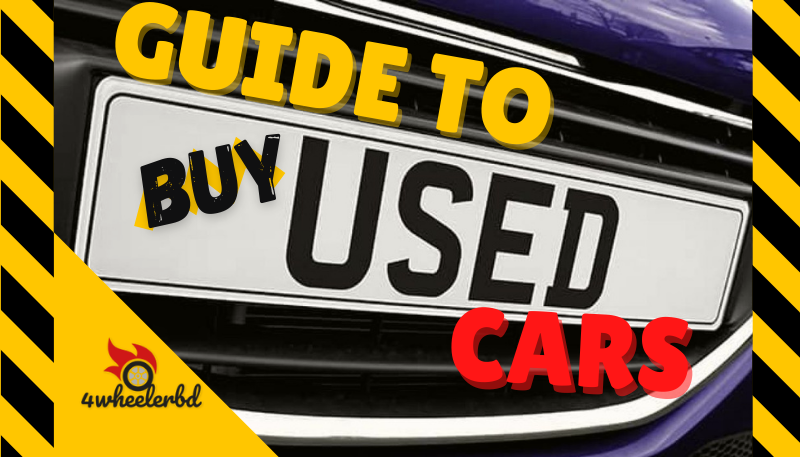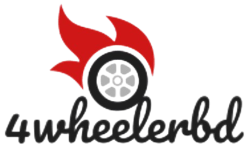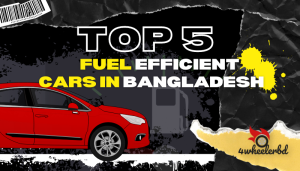Guide to Buy Used Cars

If you already set up your mind on buying a used car, then you should know some important facts before buying one. The single easiest way to save money when buying a car is to purchase a used model instead of a new vehicle. A used car loses a significant amount of its value in the first few years of ownership. When someone sells a car they do their mock up for the picture. You can’t just rely on the picture before buying a used car. You’ll need to determine a budget, find the right car, and research prices to be able to spot a good deal. In this article, you will learn what to focus on before you buy a used car.
You will get a huge collection of used cars. It is so hard to choose the right one for you when you have so many options. So we are here to help you get your car. Follow the steps below before buying one.
Outlook: First look thoroughly keep an eye out for any rusty spots or paint chips. If you notice small rust or paint chips then it wouldn’t be a big deal cause it can be fixed right away. But if you spot more than enough rust then finding another car would be a better option.
Engine Condition: Engine condition is one of the most important things when you buy a used car. On a used car engine could be damaged so you will have to check the engine thoroughly. Start the engine listen to the sound, point out if there’s any problem. If you don’t have enough knowledge about the engine then you can call on a mechanic just to be confirmed.
Previous Accident encounters: A vehicle history will include information about major reported accidents a car has been in. check the history about any accident info. Be sure if the car already had an accident then it is off your buying list. A damaged car can cost a huge amount of fixing its issues from time to time. But if are determined in buying one call your mechanic to inspect and tell you the amount that could cost on repairs.
Check price: When you are out to buy a used car you will get many different pricing on the same model of car. So be very careful to choose the value for money car. Depending on you budget and choose the best-priced car for you.
Check Vehicle history: Get as much information as you can from the current owner and then do your own research. You will need to get the car’s vehicle identification number (VIN) or license plate number from the seller before you can run the report. A vehicle history report will also indicate other damage, such as water damage from a flood, fire damage, or damage from a hailstorm and accidents. Unless you’re buying the car from a close friend or family member who can vouch for its history make sure to check thoroughly.
Test Drive: Test-driving a used car is the best way to know if it is the right choice for you. When you ride the car by yourself you will be able to notice if there are any problems. The test drive will ensure you how your car is. There are some things you have to look out for while on a test drive
- Check the tires for remaining tread life and signs of uneven wear. The latter can indicate poor alignment.
- Is it easy to get in and out of the car without stooping or banging your head?
- Try out the turn signals and brake lights
- Make sure the engine runs strong and listen for any troubling noises, such as rattling, clicking or whining.
- check is there enough headroom, hip room and legroom? Remember to check the space in the back seat too.
- Is the driving position comfortable?
- Check the dashboard for warning lights and verify that the gauges work. Once the car warms up, the temperature gauge should be at the midpoint.
- Look out for overheating
- Is the check engine light on? If so, get that problem checked out before buying.
- Use your nose. Do you smell gas, burning oil or anything amiss
- Notice how the brakes feel when you come to a complete stop. Do they feel jumpy, sticky or loose?
- How does the car handle potholes and rough roads? Drive slowly and listen for rattles or knocks, which can indicate steering issues.
- Engine hesitation is a bad sign, Does the car accelerate quickly and move smoothly from gear to gear look out for these facts
- Carefully switch lanes several times to see how the steering reacts at high speeds.
- Listen carefully when you’re driving on the highway. Hear any squeaks, whines or rattles behind the sound of the engine
- How are the brakes? Are they doing the job of stopping the car
- Test headlights, brake lights and turn indicators do they really work properly
Tyre and rim Condition: When you are choosing your used car make sure to have a good look on the tyre and rim condition. Is the tyre flat? needs to be changed. Is the rim all right. Are all the tyre positions are even. Make sure to have a test drive to be sure on the run is it ok.
Mechanical checkup: A mechanical checkup is also as important as any of these. Chose a reliable mechanic, he can tell you how much it will cost to make your car in perfect condition. You won’t notice some facts but the mechanic will. Most dealerships will let you borrow a car for an outside mechanic to inspect. A private-party seller will probably allow you to do this without much resistance.
Papers of Vehicle: The papers of a vehicle is must to be checked. Be sure what you are buying. Is the car legal you will know when you check it yourself.
There are some other facts you should do. You must be physically there never send others for purchase. You can take anyone for your support but you must be there. Check all those above matters seriously then contract the seller and make a good deal within your budget. Once you’ve done the paperwork, it’s time to celebrate your new purchase. maybe with a drive-thru dinner. You deserve it!













